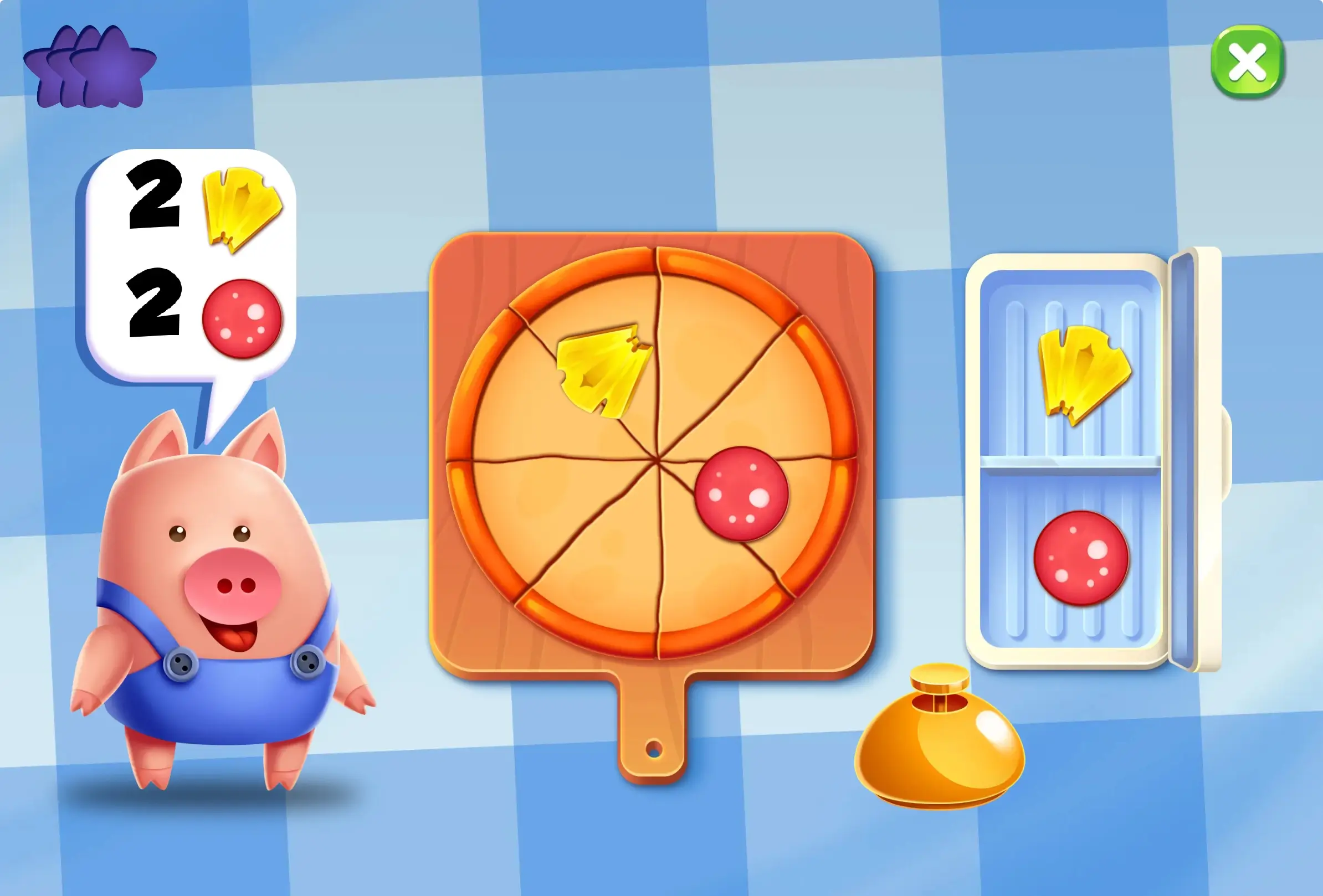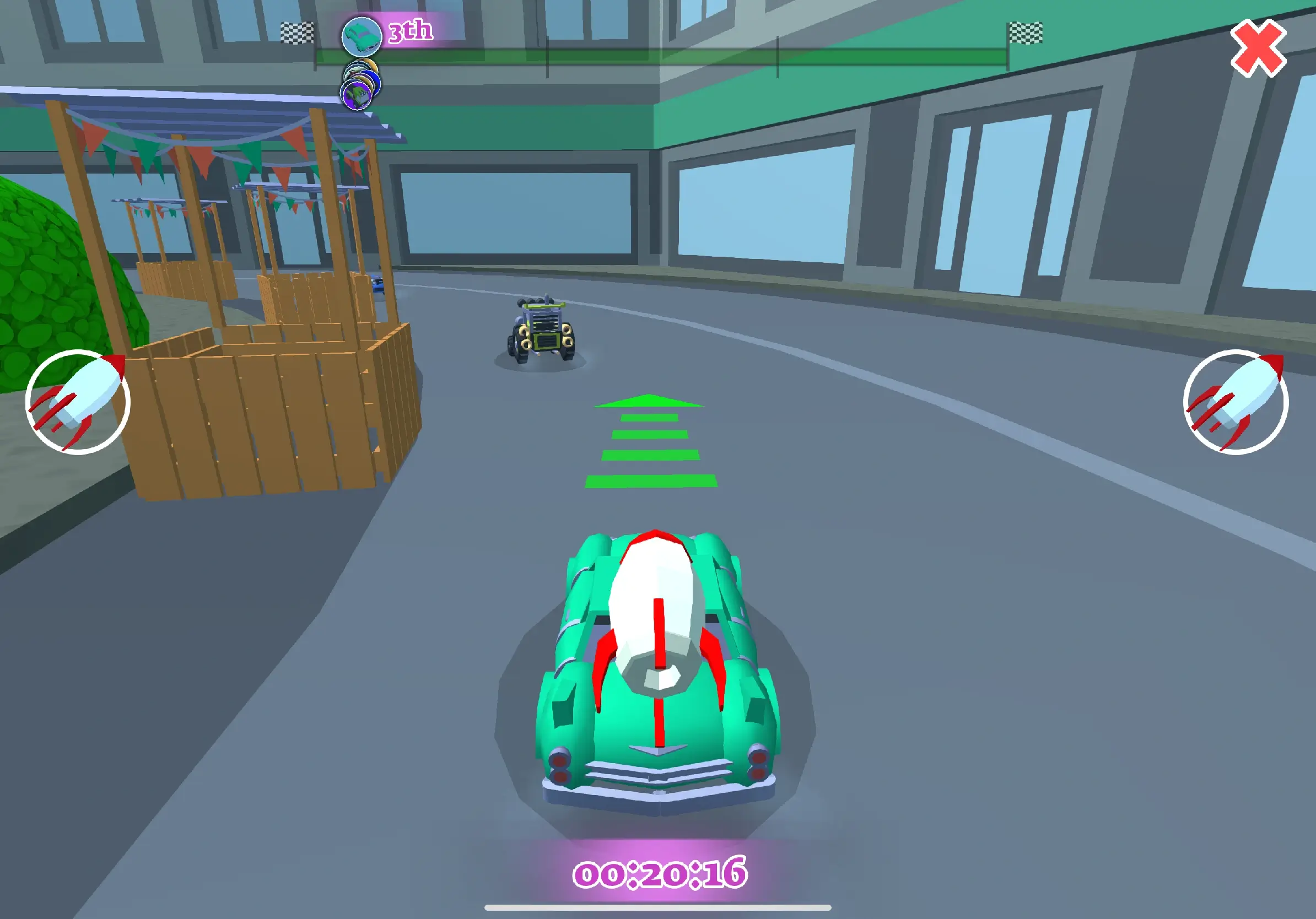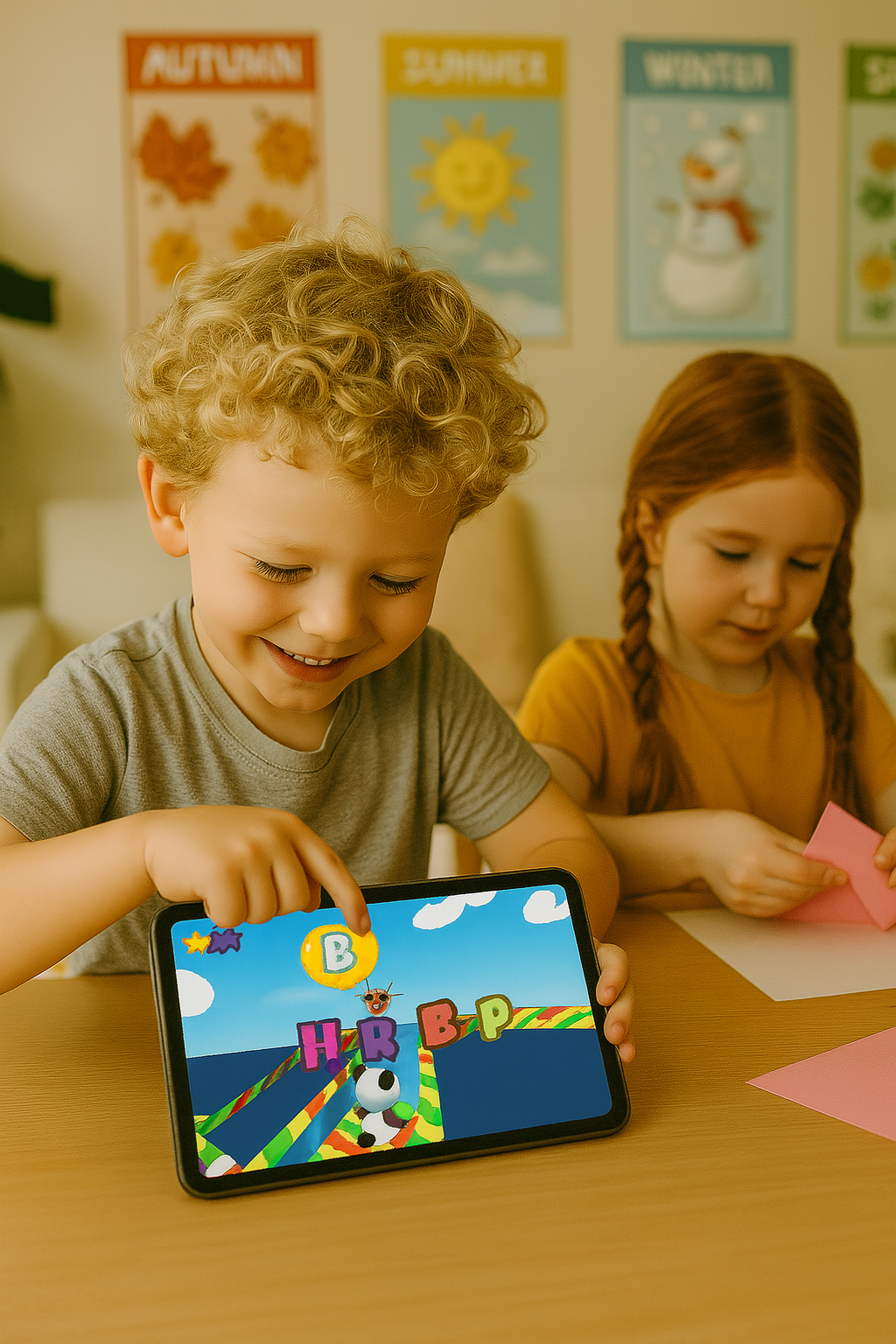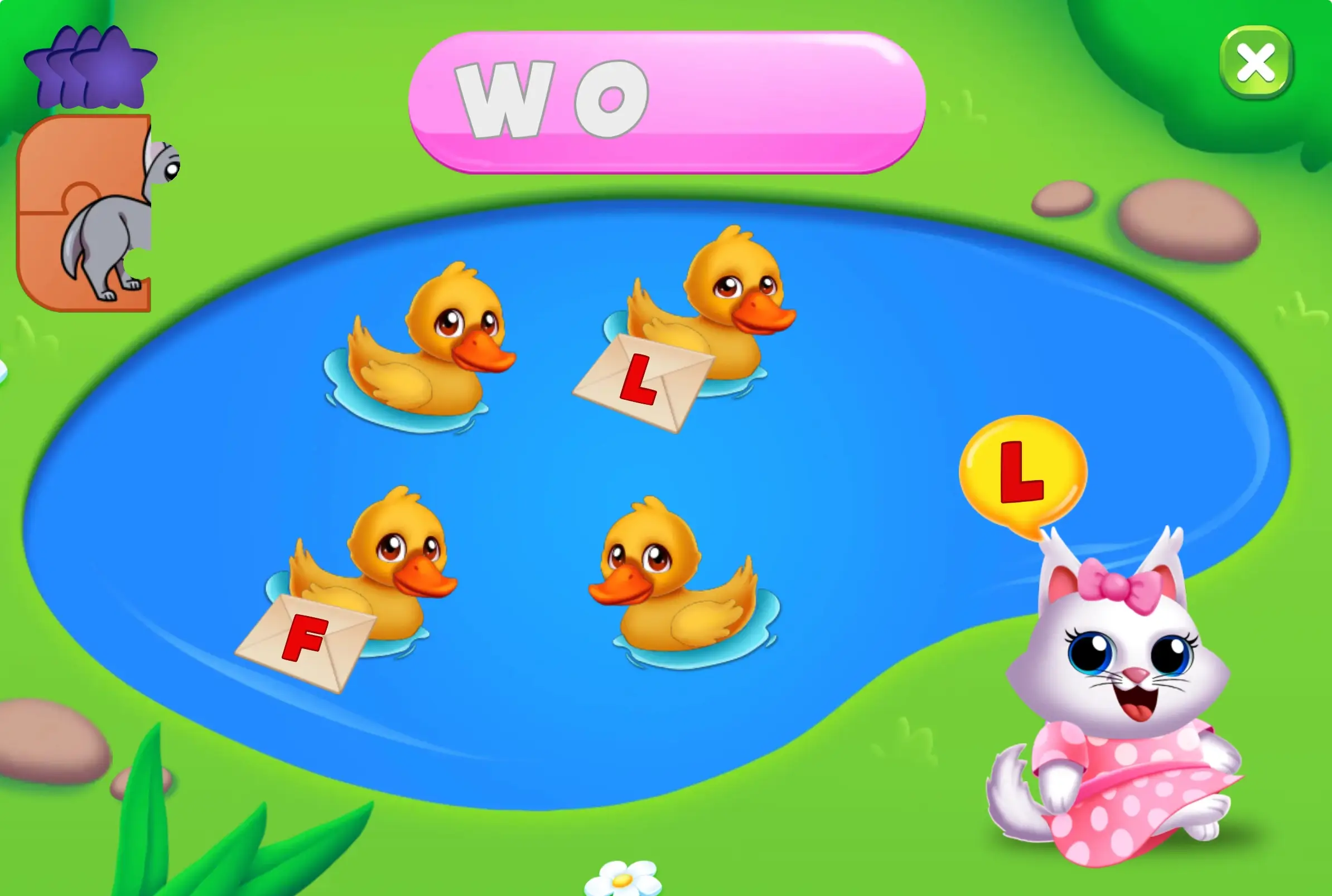👾What are the best social skills games for shy kids to help them open up and connect with others?
- Valeria B
- Aug 4, 2025
- 13 min read
Updated: Aug 7, 2025
😊 Social skills games for shy kids like turn-taking, roleplay, and calm apps (like Kidduca) help build confidence, empathy, and friendships – gently, at their own pace and in their own way.

social-skills-games-for-shy-kids
🎈 Introduction – Why Shy Kids Need Gentle Social Tools 💛
I had this precious little boy in my class last year. For the first couple of weeks, he didn't hardly say a word. He would stay behind with his toy car and quietly observe all the other children play. You could tell he wanted to play... he just wasn't ready yet.
And you know what? That is perfectly fine.
Some kids are just naturally quiet. It doesn’t mean they’re unfriendly or that something’s wrong. They just need a little more time – and a softer way in.
That’s where social skills games really help. Not the high-energy, loud group stuff – I mean gentle games that make it easier to connect. Things like turn-taking, pretend play, and cozy partner activities. Even apps like Kidduca and Kidduca 3D can give shy kids a calm way to practice social stuff without the pressure.
If your child’s the quiet one – the observer, the slow-to-warm-up kid – this post is for you. I’m sharing what’s worked in my classroom with shy kiddos who just need a little extra support to open up, feel safe, and start building those friendships 💛
📚 Table of Contents
🌟 Key Takeaways – What Actually Helps & Why It Works
Light-hearted games = huge difference.
Social skills games for shy children are safe, playful, and low-pressure. Games involving turn-taking, pretend play, quiet digital interactions such as Kidduca.
No one right answer.
Every child is different. Some children enjoy calm, quiet role play and some, music-based games or games with a partner. The objective is to try out different ways to invite and allow children to lead told stories 💛
Digital tools are helpful.
Tools like Kidduca 3D offer gentle instruction in communication, empathy and patience for children in a safe space to try things out.
Emotional safety matters.
Shy children flourish when they feel visible and supported. Games about kindness, feelings and connection encourage kids to build social confidence in a non-threatening way 🧸
Tiny steps = real progress.
Progress may look like a smile, a whispered "hello," or a shared toy. Celebrate the little things, that is how confidence is built🌱
🤷♀️ Is My Child Just Quiet… or Shy?
One of the most common questions I hear from parents is:“Is my child just quiet… or actually shy?” And honestly? It’s a really good question.
Here’s the thing – not all quiet kids are shy, and not all shy kids are quiet all the time. Some children just prefer to observe before they dive in. They might need to feel safe in a space, or trust the people around them, before their personalities start to shine through. That’s not a flaw – it’s temperament.
Quiet kids might be perfectly content playing alone or with one trusted friend. Shy kids, on the other hand, might want to join in but feel nervous or unsure how to start. And that feeling can lead to frustration or even self-doubt if they keep missing out on chances to connect.
In my classroom, I try to meet kids where they are. I’ve had students who barely whispered a word for the first month – and by November, they were leading pretend play with a full cast of characters 😄 But they didn’t get there because I pushed them. They got there because we built trust… and we used the right kind of tools.
That’s why social skills games – especially gentle, low-pressure ones – matter so much. Whether it’s a turn-taking game, a calm sensory activity, or even a supportive app like Kidduca or Kidduca 3D, shy kids thrive when the invitation to join is warm and slow.
So if you’re wondering, “Is my kid just quiet!?” – maybe they are. Or maybe they’re shy and still figuring it all out. Either way, with kindness, patience, and the right kinds of play, they’ll find their voice 💬💛
🎲 What Are Social Skills Games for Shy Kids?

When I say “social skills games,” I don’t mean big noisy group games with a million rules. I mean the quiet kind – the ones that make space for kids to ease into connection without pressure 💛
Social skills games for shy kids are playful activities designed to gently build confidence, communication, and cooperation. Think of things like taking turns, naming emotions, roleplay, or even guided pretend play. These games aren’t just about “being social” – they help with emotional regulation in early childhood, building social-emotional skills, and encouraging curiosity and creativity without forcing kids out of their shell.
Recently, I came across a great breakdown of these kinds of games on PositiveAction.net. Some of the ideas I loved (and have tried!) include:
Roll the Ball – perfect for toddlers to learn turn-taking and nonverbal communication
Emotion Charades – helps kids read facial expressions and explore feelings safely
Expression Mimicking – such a simple way to grow empathy and body-language awareness
Play Pretend – always a hit in my classroom, and amazing for imaginative play and emotional intelligence
The Name Game – fantastic for group bonding in new settings like preschool or playdates
And one of my favorite low-pressure tools? Digital games like Kidduca and Kidduca 3D – they blend early learning with gentle social moments. One level, for example, encourages kids to “help a friend,” reinforcing kindness and perspective-taking through play-based learning.
These types of activities don’t just fill time – they teach shy kids that it’s okay to speak, listen, take turns, and be part of something without having to be the loudest one in the room 🎧🧸
🧠 How These Games Support Early Childhood Development
Leeet’s be real – kids aren’t born knowing how to share toys, take turns, or handle those big feelings during group play. And for shy little ones, all of that can feel like a mountain to climb. That’s where social skills games come in: they’re not just “fun” – they’re brain-boosting, heart-growing tools for real-life stuff ❤️
These games help nurture what child psychologists call emotional regulation in early childhood and executive function in toddlers – the building blocks for everything from problem-solving to making friends. Whether it’s a toddler rolling a ball back and forth, or a preschooler taking the lead in pretend play, these moments are packed with powerful learning.
In a great piecw I read on Shichida Australia, they talked about how important it is to support both introverted and extroverted children in ways that match their personalities. For quieter kids, creative outlets like drawing or gentle roleplay can help them express emotions and form deep, meaningful connections at their own pace. That’s exactly why I love cozy pretend games (and why Kidduca and Kidduca 3D include calm social scenes with guided prompts – perfect for little introverts 🧸).
For those high-energy, super-social kids, Shichida mentions the importance of teaching empathy and listening. Things like "If I Were ..." (on Midshift's blog) or storytelling roleplay can lead kids gently into seeing life from someone else's perspective. That is social-emotional learning!
Even cooperative games like community service role-play (yeah, we really pretended to “clean the park” in my preschool class 😄) support team and cognitive skills for young learners because they create spaces for communication and empathy.
Bottom line?
These games help children – shy or not – grow into kinder, more confident little humans. And isn’t that what we all want? 💛
🧩 Top Social Skills Games for Shy Kids (Tried & True)

Not long ago, I came across a fantastic post on the Positive Action blog that was packed with smart, doable ideas for building social confidence through play. As someone who works with quiet kiddos every day, I’m always on the lookout for activities that feel safe and empowering for them – and this list delivered!
So, I picked my 8 favorite social skills games from their collection – ones I’ve either used myself or plan to try because they’re playful, gentle, and surprisingly effective for shy or hesitant little ones 💛 These games aren’t loud or pushy – they’re quiet connectors.
Let’s dive in ⬇️
🧩 Game | What It Teaches | Why Shy Kids Love It |
😊 Roll the Ball | Turn-taking, nonverbal cues | No pressure to speak, but still deeply interactive |
😶 Staring Contest | Eye contact, confidence | Feels silly and low-stakes — perfect for shy kids to practice presence |
🎭 Emotion Charades | Reading emotions, expression | Kids can show without saying — fun and freeing |
🐸 Rhythm Games | Listening, coordination | Musical play reduces anxiety and sparks joy |
🗣 Step Into Conversation | Conversation starters, empathy | Helps kids practice social flow in a guided, card-based format |
🧱 Building Game | Collaboration, communication | Shared goal builds bonds without needing constant talk |
🧸 Playing with Characters | Roleplay, emotional safety | Pretend play lets them explore without feeling exposed |
👀 Expression Mimicking | Facial recognition, connection | Builds awareness of subtle social cues through fun mimicry |
🌱 Just a friendly reminder...
Every child is different - and that's a lovely thing. Some children may find joy doing Emotion Charades, while others may feel safest rolling a ball back and forth quietly. You don't need to try them all at once. Simply select one or two that seem like good matches with your child's temperament, and see what fits 😊
Ultimately, what matters is not if you do it "right", but if you are creating small, regular moments of connection that help your shy little one feel seen, heard, and safe. That is the key to building confidence 💛
💬 What I’ve Learned Using These Games with Quiet Kids
Working with shy or quiet kids over the years has taught me that social skills games aren’t just fun – they’re little bridges.
Here’s what I’ve noticed (and maybe it’ll help you too):
🧩 1. "Low-pressure" is key
I once taught a lovely girl, Lila, who would freeze to the spot if she felt all eyes were on her. However, during a game of Emotion Charades in small group settings, she slowly started to act out feelings with her beloved plush bear. As it turned out, it was not the game she was fearing - it was the spotlight. Quiet, cozy, back and forth play made all the difference.
🎈 2. Some kids will observe to warm up
Shy kids are often just fine watching you before jumping in. And that is completely OK! I remember during a game of Roll the Ball, there was a boy named Mateo who simply sat and watched for three sessions! On the fourth day he scooted closer... then closer... then he rolled the ball with the quietest little smile! Just being around me was his first step.
👀 3. Eye contact takes practice – and creativity
We once used Staring Contest with stickers on our foreheads to make it less intense. And guess what? Kids LOVED it. They giggled, peeked, and practiced without even realizing they were building confidence.
🎭 4. Pretend play makes “real” social stuff easier
Toys and stories are magic for shy kids. In Play Pretend, when one boy became “Dr. Teddy,” he suddenly had so much to say. Talking through a character gave hin the space to speak up – safely.
🧠 5. Digital games can help, too
Sometimes screen time gets a bad rap, but games like Kidduca and Kidduca 3D let shy kids practice taking turns, naming feelings, and interacting in a calm, colorful space. One parent told me her daughter finally started naming emotions – after meeting the “Feelings Friends” in Kidduca 🥹
🌟 6. Tiny wins = big growth
Not every game “works” right away. But when a quiet child laughs during a rhythm game or joins in a silly chant, that’s a win. These moments matter more than we realize.
💛 Final thought?
Go slow. Be kind. Try things. And trust the process.
Shy kids aren’t broken – they’re just unfolding in their own time, and these games are gentle ways to help them bloom 🌼
🧍♀️🧍♂️ How to Encourage Participation (Without Pressure)
If I’ve learned anything from working with quiet kids, it’s this – forcing participation almost never works. Shy kids don’t need a push. They need an open door. And a little patience 🌼
Let me tell you about Leo. He was 3½, super bright, but barely spoke in groups. During circle time, he’d sit close to me, clutching his dinosaur toy and watching everything. If I asked him to say something or sing, he’d shrink. But if I said nothing and just kept the space warm and welcoming – he slowly leaned in. One day, we played Name Toss with a soft ball, and I casually rolled it his way. No pressure. No eyes on him. He whispered, “Leo” and rolled it back. I still remember that moment like it was a huge win (because honestly, it was 🥹).
Here’s what’s worked again and again in my classroom:
✅ Start with observation
Let them watch first. It builds safety.
✅ Offer roles behind the scenes
f a game involves “helping,” shy kids love being the one who hands out cards or presses play on the music.
✅ Use gentle invitations
Instead of “Do you want to play?” I try “I’d love your help with this part” – no spotlight, just quiet inclusion.
✅ Celebrate the small stuff
A smile, a nod, sitting closer – these are huge steps for shy kids. I always tell parents: progress doesn’t have to be loud to be real 💛
✅ Try cozy groupings
airs or trios often feel safer than big groups. Games like Roll the Ball or Expression Mimicking are perfect for this.
Participation grows when we remove the pressure. When we say, “You’re welcome just as you are” – that’s when shy kids begin to show up, bit by bit. And honestly? It’s the most heartwarming thing to watch 💫
💻 How Kidduca & Kidduca 3D Gently Teach Social Confidence
I’ve worked with a lot of quiet kids over the years – the ones who hang back a little, watch before jumping in, and need a gentle nudge to connect. What I’ve found is that sometimes, digital play is exactly what they need to feel safe enough to open up 💛
Let me tell you why I love using Kidduca and Kidduca 3D with these kids – and how they support real social growth in ways that feel natural and fun.
🎨 Kidduca (Ages 1–5): Soft Starts for Little Learners
Kidduca is calm, colorful, and built for toddlers and preschoolers just starting out with early learning. Some of my favorite things about it:
Kids practice letters, numbers, shapes, and sounds through gentle, game-like play
It introduces emotions and social cues with sweet characters and easy interactions
Games naturally teach waiting, turn-taking, and listening – perfect for quiet kids who don’t like big group activities
It’s peaceful! No loud sounds or fast flashing lights – just a safe space to explore 🌈
🚗 Kidduca 3D (Ages 2–7): More Play, More Interaction
This version is like the “big kid” version of Kidduca – still friendly and supportive, but with more adventure and creativity:
🍕 Kids can make pizza while learning to count and sort. Honestly, I had a student who refused to do any math... until she got to “bake” in the game 😄
🏁 Little racers will love the car games – inspired by Cars 2! Great for teaching patience, teamwork, and self-regulation
🗣️ There are language options too – French, Spanish, Portuguese, English – so if your daughter is into Miraculous Ladybug or your son dreams of traveling the world, it’s a fun way to explore new languages
👫 Best part? Kids can play with friends or siblings, which means they’re learning to collaborate, share, and support one another – all while having fun 💬
📱 And recently, I came across a super helpful list on the Midshift blog. They recommended some other great apps to help kids build social-emotional skills:
Moshi Monsters – A fun, gentle space for practicing empathy and cooperation
Buddhify – Teaches calming strategies and emotional regulation
Toca Boca Games – Especially Toca Life, full of imagination, roleplay, and teamwork
Every app has its own vibe – but all of them support one big goal: helping kids feel more confident connecting with others, in their own way 💬💞
✨ Conclusion – Little Steps to Big Social Growth
Working with quiet children has taught me one thing. They don't require "fixing." To feel secure enough to open up, they simply require time, compassion, and the appropriate kind of support.
That's precisely why I love social skills games so much, especially for kids who are shy. Easy games like Kidduca and Kidduca 3D or simple activities like rolling a ball back and forth can have a big impact. Little things like a smile, a laugh, or a soft "hello" are more important than you might imagine.
I’ve seen it happen so many times. A child who barely speaks at first starts to laugh, share, and join in – little by little – until they’re confidently connecting with the people around them.
It's not about pushing or hurrying. The goal is to provide gentle, secure environments where timid children can develop at their own rate. When do they do it? It's absolutely magical 💛
The idea is to try a few different options and see what resonates, and follow your child’s lead. Some children will need soft and gentle games, while others may want to be on a device connecting digitally with a friend or sibling. Have fun, keep it light, this will not be a forced period of time. Your child is figuring this out on their own, and they will get there with your help.
One tiny step at a time 🌈
📰 Related Articles
❓ FAQ – Frequently Asked Questions

Q: Are sensory-friendly games actual skill-based games?
A: Absolutely!! Games like Kidduca 3D help with vocabulary, problem-solving, motor skills, and self-regulation. Calm doesn’t mean boring – it means your child is more open to learning ✨
Q: How do I know which game is right for my child?
A: Try a few! Watch what they gravitate toward – some kids love pretend play, others prefer music or puzzles. The best choice is whatever gets them curious and engaged.
Q: What if my lid just watches instead of playing...?
A: That’s a valid starting point! Many shy kids are observers first. Watching gives them a safe space to learn the “rules” of interaction before jumping in.
👩🏫 About the Author
Hi! I’m Valeria – a preschool teacher, early childhood education enthusiast, and part of the amazing team at RMB Games – Educational Academy. Every day, I get to explore the world of learning through play with little ones, and it never gets old 💛
I help design playful tools like Kidduca and Kidduca 3D, where kids can explore emotions, build confidence, and grow essential skills – all through games that feel more like fun than learning (but secretly do both 😉).
Whether I’m in the classroom or testing our new levels with my own niece, my goal is always the same: to support children’s development in a way that’s kind, gentle, and joyful. Because learning should feel good – and it should feel like them.
Thanks for stopping by! Let’s keep helping kids connect, play, and grow together 🌱💬
⬇️ Download Kidduca and Kidduca 3D Now
Ready to turn screen time into something playful and purposeful? 😊
With Kidduca (ages 1–5) and Kidduca 3D (ages 2–7), your child can explore languages, emotions, numbers, and everyday life – all through gentle, game-based learning they’ll love. Whether it’s racing cars, baking math-filled pizzas, or learning new words while sorting toys, there’s something for every curious little mind 🚗🍕💬
Perfect for quiet time, travel, or everyday routines – and designed to build social confidence along the way 💛
📸 Follow RMB Games - Educational Academy on Instagram, Facebook, LinkedIn, YouTube and Google Maps for real photos, parent reviews, and more updates on our exciting learning tools! 🌟
📎 Learn more:






